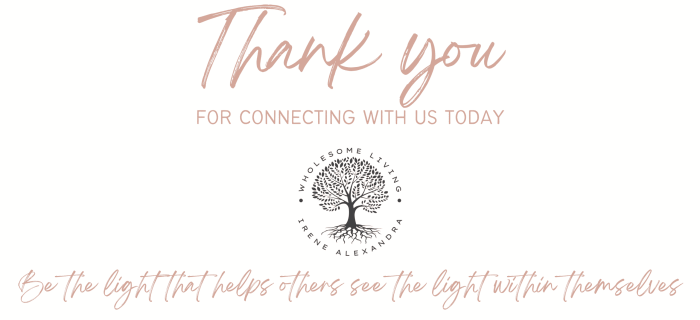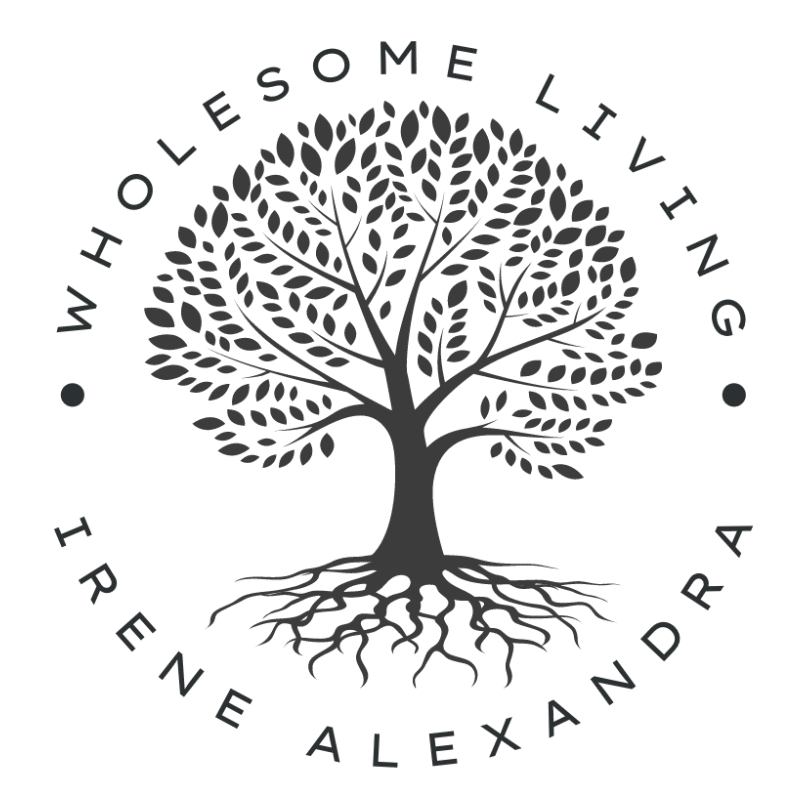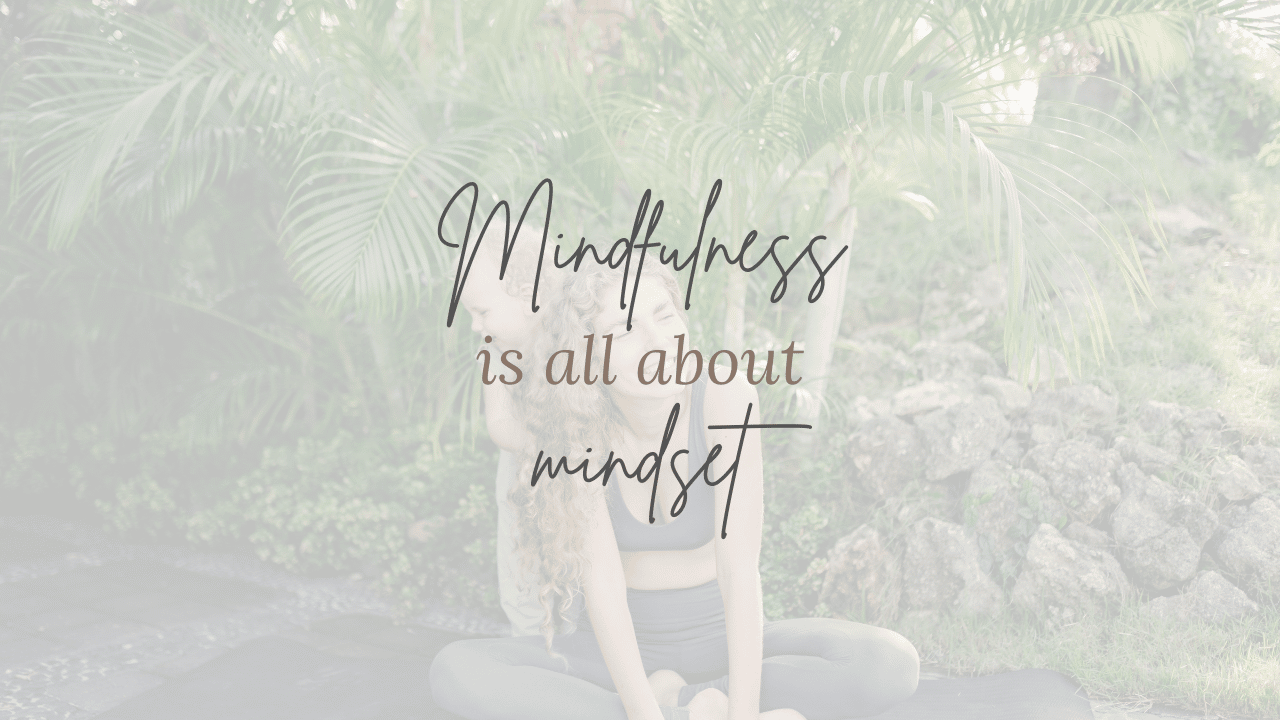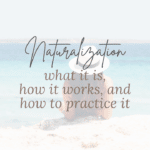There are many ideas and confusion about what "mindfulness" is. Let's talk about it.
WHAT IS MINDFULNESS?
Mindfulness is the relationship you have with your mindset. It’s using your mind to be aware of your external and internal environments. External environments include anything you experience outside of your body, such as your friends, family, job, geographical location, other relationships, events, external observations, and so forth. Internal environments include anything that you experience within yourself, such as your thoughts, feelings, habits, mindsets, and so on.
Want to know a quick trick? Mindfulness directly speaks to and works with your mind, because when given the choice of being able to control and improve yourself through your external world or internal world … the answer is your you only have control over your internal world. So, it’s about time to make your internal home somewhere loving and compassionate for you to live in.
SOME MINDFULNESS MINDSETS (and some non-examples)
Let’s look at some mindfulness mindset examples and some non-mindfulness mindset examples:
Some examples of mindsets that align with mindfulness include:
“I deserve unconditional love.”
“There is an abundance of [fill in the blank] in the universe, and there is enough for me to have it, too.”
“There is no ‘good,’ ‘bad,’ ‘better,’ or ‘worse.’ There is just ‘different.’ People are different, places are different, situations are different – and, it is all okay and accepted.”
“It is going to be okay. It is okay.”
“Anything is possible, truly.”
Some examples of mindsets that do not align with mindfulness include:
“I don’t deserve love because I did [fill in the blank].”
“There’s not enough of [fill in the blank] in the universe, so there’s definitely not enough for me.”
“This [person/place/thing/emotion/thought/etc.] is [better/worse/good/bad].”
“Things are so bad right now, I don’t even know how or if it will get better. I can’t believe this happened. Omfg.”
“Nah, that can’t happen. It’s not possible.”
It is absolutely crucial to understand that you are the creator of your life. Without going too much into manifestation practices, there is one key concept you need to understand. The way you speak to and treat yourself not only teaches others how to speak to and treat you, but it also creates the life, or situation, that you are currently in. More on this later when we discuss mirroring… stay tuned!
Now, this is just a quick glance at some mindsets that encompass some of what mindfulness is (or is not). But, the important thing to note here is that the mindsets that align with mindfulness are growth-oriented, compassionate, optimistic, powerful and rise above any extraneous circumstances. Meanwhile, the mindsets that do not align with mindfulness embody qualities such as self-loathing, victim mentality, scarcity (or lack) mentality, judgment and overall find excuses to not be open, compassionate and grow.
Check out this link to learn more about the energetic differences and meanings between mindfulness (or high vibrational living) and low-vibrational living.
WHAT ARE MINDFULNESS TOOLS?
Mindfulness tools are used to help you become more mindful. Some examples of these tools include meditation, journaling, yoga, acupuncture, reiki (energy work), being in nature, breathing techniques, self-care, etc.
There are a few things on this topic that are important to know. To start, we live in a society where we want to take a pill to instantly fix something, but mindfulness tools are not a pill to fix your problems. Rather, these tools are meant to be used habitually, as regular parts of your daily and weekly practices. We also need to make sure that we are taking a consistent and holistic approach to our lives. This means that we need to take care of our physical, mental, emotional and spiritual bodies, on a regular basis, as we work on our mindfulness. For example, if you go to yoga and acupuncture every week (perhaps even multiple times a week!), that is a great start.
However, if you only practice mindfulness during those select hours of the week and then retreat back to old, toxic habits for the remainder of the week, unfortunately it is not likely that you will embody mindfulness since it is 1. not a habit and 2. not a holistic approach to include all 4 bodies (physical, mental, emotional and spiritual). On the flip side, if you combine your weekly yoga and acupuncture ventures with regular meditation, healthy eating, exercising and journaling, it is more likely that you will find success with your mindfulness practice.
This boils down to two concepts: consistency (the daily/weekly practice of new habits) and holistic (tending to your mental, emotional, spiritual and physical bodies). By purposefully being consistent and tending to your “whole” self, you will start to become more and more mindful. Remember, this is a lifestyle change, not a “one-and-done” situation.
What are some mindsets you have that you want to keep, and what are some mindsets that you want to change?



